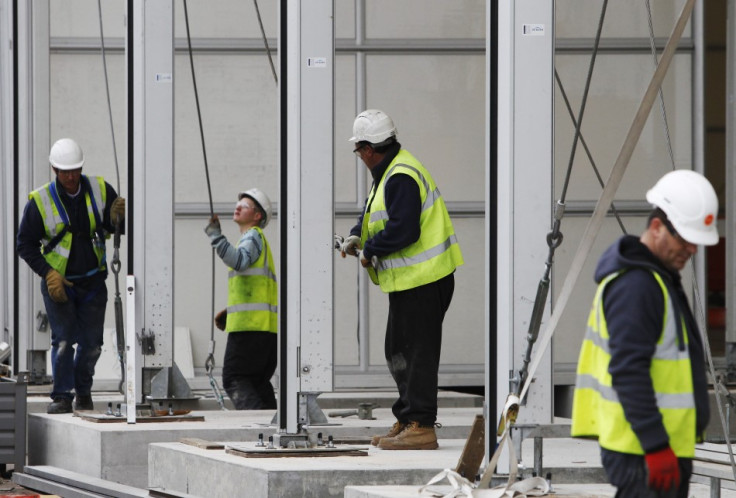Nearly 8,000 Cancer Deaths In Britain Linked to Occupation

Nearly 8,000 cancer deaths are linked to jobs, especially those jobs where diesel engine fumes, asbestos or shift work is involved, according to Cancer Research UK report.
Researchers from the Imperial College in London found this when they analysed data retrieved from International Agency for Research on Cancer (IARC), CARcinogenic EXposure database (CAREX) and the UK Labour Force Survey.
During the study, researchers studied the health condition of a group of people whose work was exposed to diesel fumes, asbestos or shift work from past one year. They were stunned to find that nearly 13,600 new cancer cases are caused by risk factors related to work every year.
"This study gives us a clear insight into how the jobs people do affect their risk of cancer," said Dr Lesley Rushton, an occupational epidemiologist at the Imperial College London, in a statement. "We hope these findings will help develop ways of reducing health risks caused by exposure to carcinogens in the workplace."
Among the 13,600 new cancer cases, researchers found that nearly 2,000 were female night-shift workers, who had developed breast cancer. Nearly 1,730 workers in metal and printing industries had developed bladder, lung and non-melanoma skin cancers and almost 1,540 farmers and construction workers who are highly exposed to sunlight had developed skin cancer.
They also found 910 cancer cases were actually developed because of silica exposure and around 800 people got cancer because of diesel engine fumes.
"The cancer with the greatest number of cases and deaths linked to work is lung - a disease which is hard to detect early and has poor survival. Over 30 occupational exposures have been identified by IARC as definite or probable lung cancer causing substances," said Dr Rushton.
"One of the best ways we can beat the disease is by preventing it in the first place. Smoking has the single biggest impact on lung cancer risk, but work-place risks are also having a significant effect," he added.
Asbestos remains the most important occupational risk factor. Asbestos was used as an insulating material for very long, but in mid-1990's scientists discovered that the material causes cancer and later it was banned in many industries.
Even though it is not used in many industries but still researchers have detect asbestos-related cancer in UK. They claim that asbestos-related cancer will likely continue to rise in UK, probably because the chemicals that are present in it asbestos take a long time to develop into cancer.
"It's very worrying to see so many people developing and dying from occupation-related cancers. A large proportion of the deaths are a result of exposure to asbestos in past decades and improved safety measures should mean that in the next generation or so we will see this number tail off dramatically," said Sara Hiom, director of information at Cancer Research UK, in a statement.
"At this point, we expect the government and employers to take fast and appropriate action to minimise the risks faced by workers and Cancer Research UK will be watching this closely," she concluded.
The study was first published in the British Journal of Cancer.
© Copyright IBTimes 2025. All rights reserved.



















